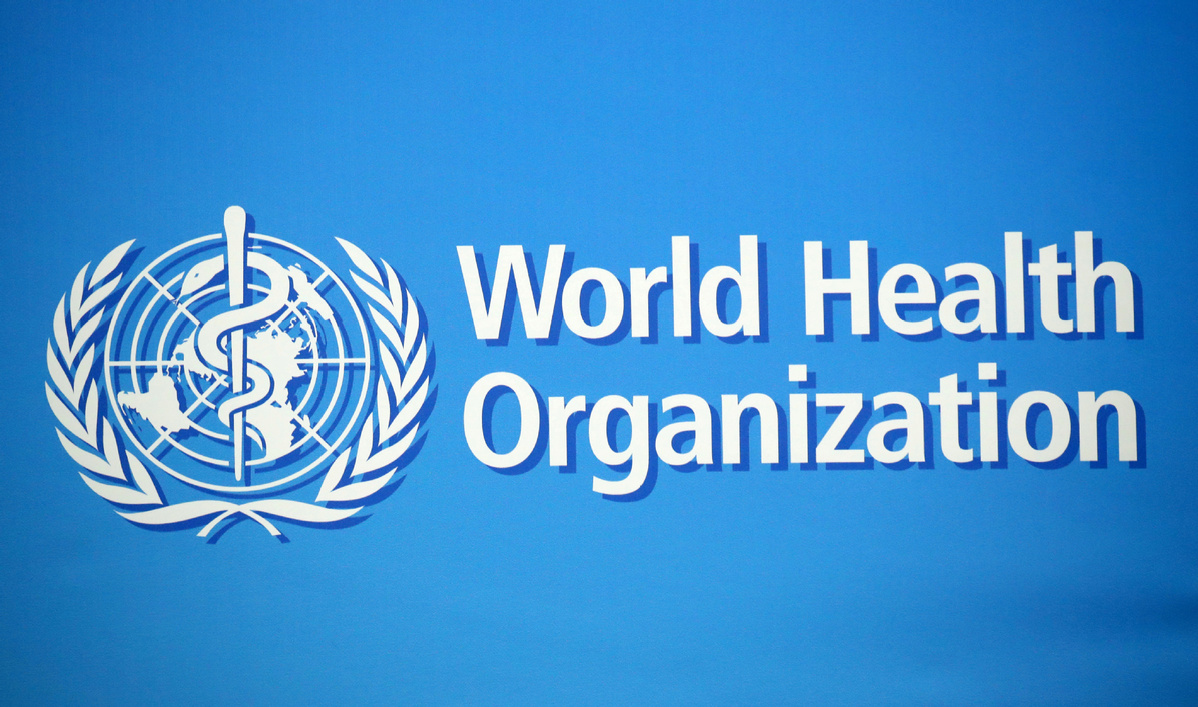WHO should be shielded from vagaries of politics


The intention of the White House to halt funding for the World Health Organization over its handling of the COVID-19 pandemic should be seen for what it is-an act of bullying.
Since its inception in 1948, the WHO has played a pivotal role in public health issues such as tackling AIDS and formulating public health policy.
This move by Washington is counterproductive to an organization that needs to be strengthened rather than weakened.
The United States has had problems with the United Nations and its various agencies. Last year, the US withdrew from UNESCO. It was not the first time it has left the world's leading scientific and cultural organization. Unhappy with certain policies, especially when it came to developing nations, the US first withdrew in 1984.
Much of the US criticism of the UN and its agencies is political.
Criticism of the WHO ignores the good it has done globally over the past 70 years.
In 1958, for example, it led a smallpox eradication program largely sponsored by the then Soviet Union. By 1980, the disease that killed millions had been eradicated.
In the 1960s, the WHO promoted mass campaigns against yaws (tropical infection of the skin), endemic syphilis, leprosy and trachoma (bacterial infection of the eyes), and helped control a major cholera pandemic in Asia and the Western Pacific and the large epidemic of yellow fever in Africa.
In 1974, there was the WHO-backed immunization program to vaccinate children worldwide against diphtheria, pertussis (whooping cough), tetanus, measles, polio and tuberculosis. Eradicating these diseases from children has yet to be realized.
Sure, there have been some programs that have not met expectations, such as making primary healthcare the central function of a country's health system. This has not been realized.
Nor was the safe motherhood program to reduce maternal morbidity and mortality by 50 percent by the year 2000 realized.
Seventeen years ago, the WHO guided countries in successfully containing severe acute respiratory syndrome.
It is not the WHO's responsibility to be the world's health policeman. Individual countries need to take responsibility for their actions and how they respond to outbreaks such as COVID-19.
In its defense, the WHO was quick to react to the current outbreak. Let's not forget that the WHO cannot simply walk into a sovereign nation and take the lead role. There are protocols that need to be observed.
For the WHO and China as well, the hardest part was trying to determine what they were dealing with in the first place.
Much of what the WHO had learned during the SARS outbreak came into play. That included keeping information flowing to the global community and helping countries prepare for the rapid detection and response to cases, clusters and community transmission.
It also needed to source and send medical supplies, and provide technical expertise and training where needed.
The WHO does not have it easy. Just ask those working on vaccinating children against diseases such as whooping cough or measles, and the opposition it meets from the powerful anti-vaccination lobby, especially in wealthy, developed economies.
The point is, if you take the WHO out of the world health picture, then what is left? Who will fill the void?
Who will coordinate the current global fight against COVID-19 and other global campaigns on such vital issues as obesity and tobacco?
The WHO performs a vital role in global health, particularly at this critical time. It needs to be quarantined from the vagaries of politics, allowing it to focus on the role it was originally intended for-the health of all people.
Part of the WHO's charter reads: "The health of all peoples is fundamental to the attainment of peace and security and is dependent upon the fullest cooperation of individuals and states.… Unequal development in different countries in the promotion of health and control of disease, especially communicable disease, is a common danger."
Good health is a fundamental right of every man, woman and child inhabiting this planet. Politics does have a place, but not in health.
The writer is a China Daily correspondent based in Sydney.

































